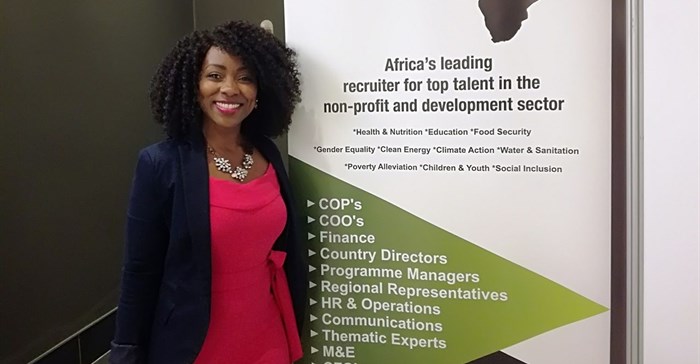#RecruitmentFocus: Is the future recruiter an expert marketeer armed with AI tools?

I know what you’re thinking and you’re right! Reasonably happy?! So yes, we succeeded in converting the individual from uninterested to very interested in the role being marketed. After successfully undergoing a rigorous recruitment process, the candidate was offered the role and the rest is history! How did we do this? And what does it have to do with selling or AI? Read on.
As recruiters at NGO Recruit Africa, our mandate is to connect the most talented individuals out there to job openings in the global development sector. Given that the sector addresses some of our world’s most pressing issues, the need to recruit experienced, highly qualified and committed leaders is ever so crucial. We, therefore, endeavour to match the best-qualified candidates to vacancies in the quickest possible time.
Developing discourse on artificial intelligence
Now if you work in recruitment, you’ve most probably been following the developing discourse on AI, its advantages and pitfalls. The possibilities appear endless! According to Annelies Bartlema, a data scientist at ING Group, “AI is even enabling the gamefication of capability testing. So instead of IQ or psychometric tests, a video game can be used to analyse a candidate’s risk-taking behaviour for example, and suitability therefore to a specific role. AI can also be used to screen facial expressions during video interviews to evaluate the ‘jobfit’ or not of a candidate.”
What’s noteworthy is the fact that the introduction of AI-powered technology in recruitment also means preliminary tasks such as sourcing, screening and connecting candidates to roles can now be automated.
Where does this leave the human recruiter?
Technology is advancing at a rapid rate and the future recruiter will do well to adapt and evolve. That said, we are still a world away from having robots that can positively engage in conscientious debates and conversations with candidates about career decisions. In other words, no AI device can act in an advisory capacity. Which brings me to my point.
The process through which a candidate goes from being an unlikely and uninterested prospect to a potential and interested candidate for any vacancy opportunity is still largely reliant on human intervention. In a world where talent is becoming more and more scarce and employers compete for the best candidates, machines and humans will need to team up and work together. As Greg Savage, a much-respected voice in global recruitment put it, “machines can attract candidates but can hardly convert them, and whilst profiles can be found by machines, ‘people’ are harder to reach.”
The future recruiter is a marketeer, converter, persuader and seller rolled in one!
Partnering with a recruitment company that makes good use of technology and injects a healthy dose of the human element into the recruiting process will most certainly guarantee optimum results.
As Annelies Bartlema put it, “the use of AI will free up recruiters’ time for the important human aspect of recruitment.”
When partnering with a recruitment agency, look for one that:
- Understands your vision as an organisation and what it is you want to accomplish,
- Understands the advantages of technology in recruitment and how it can be best used, and
- Knows the art of good marketing, the art of coercing passive candidates and the ability to sell your organisation’s goals and make a compelling case to the candidates listening.




